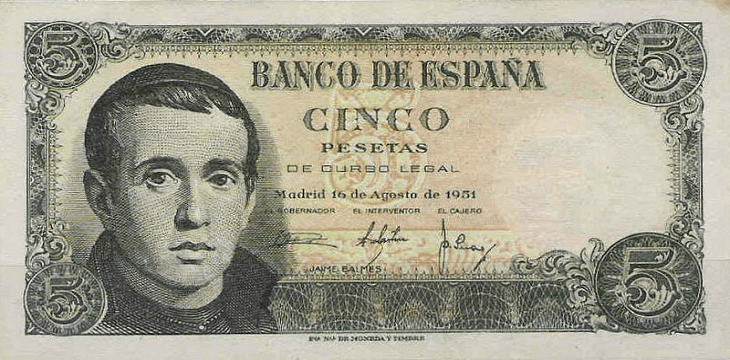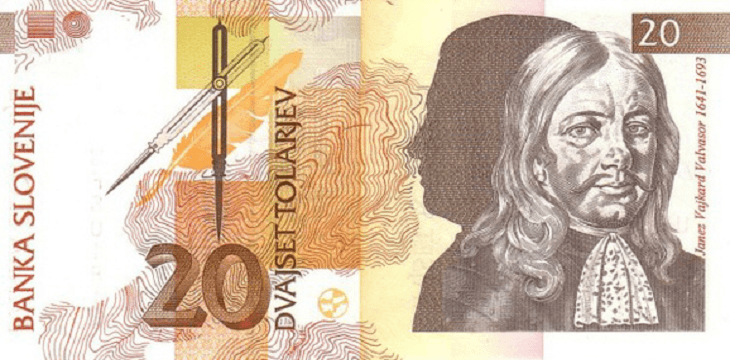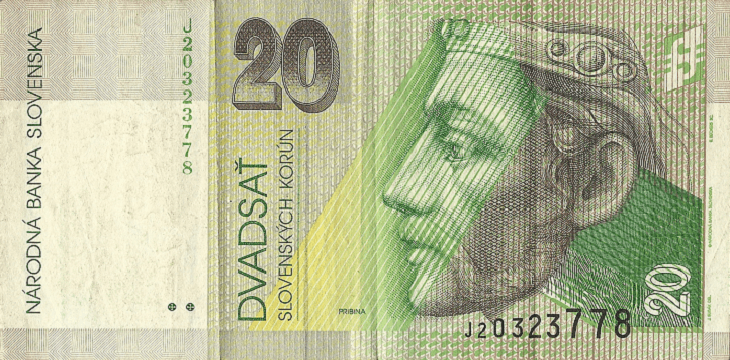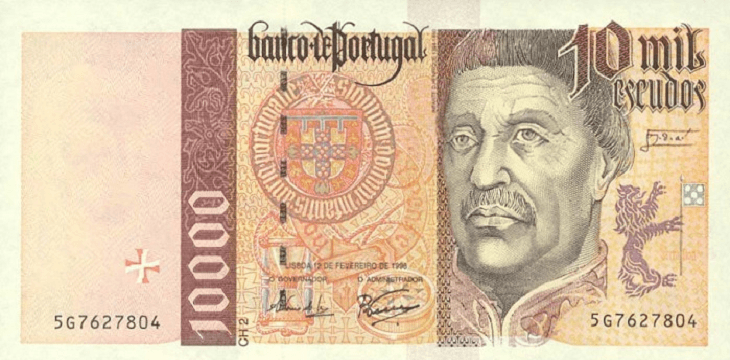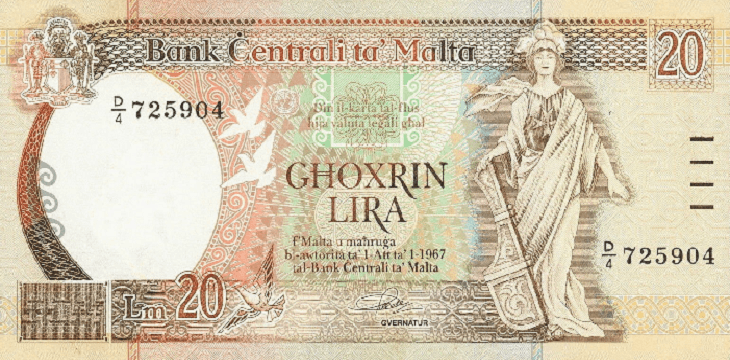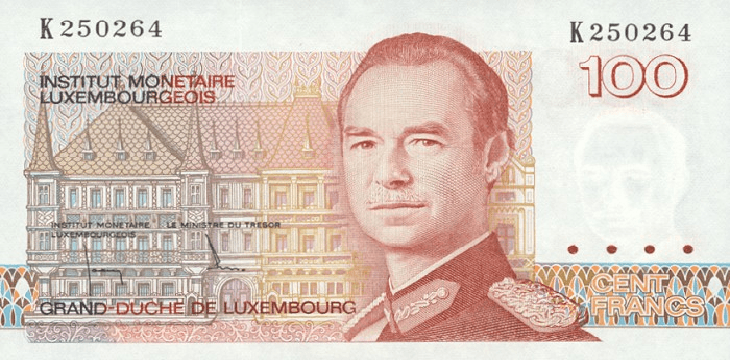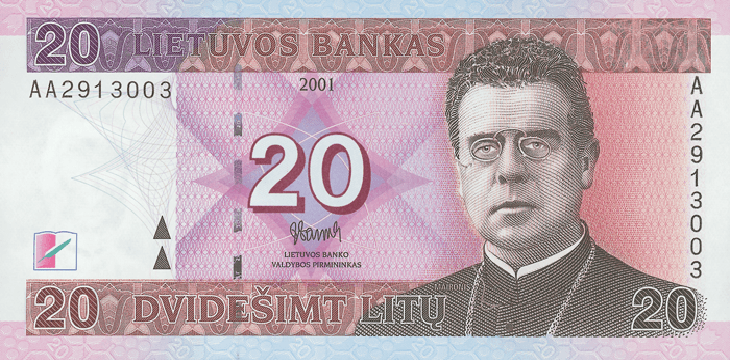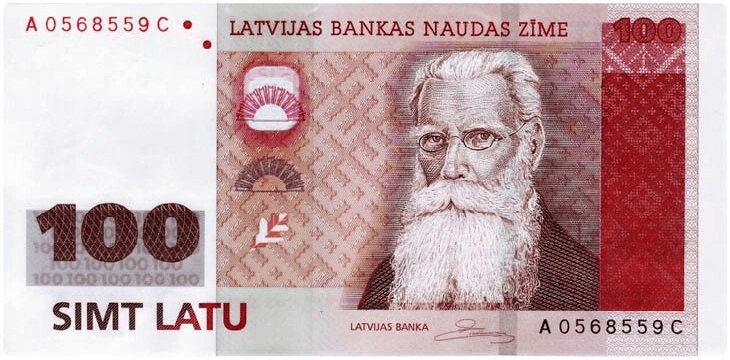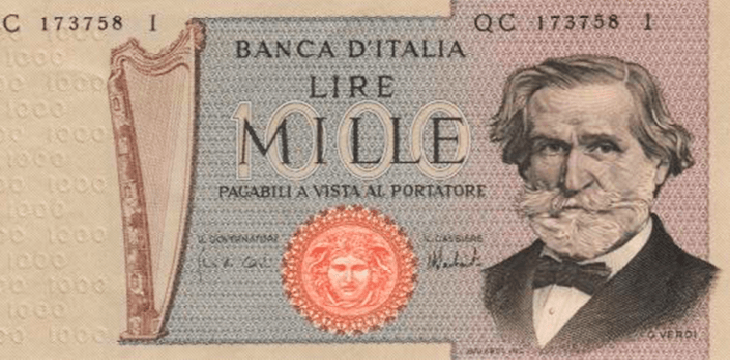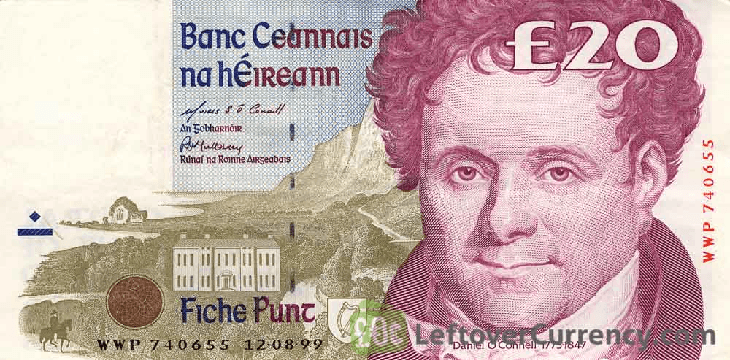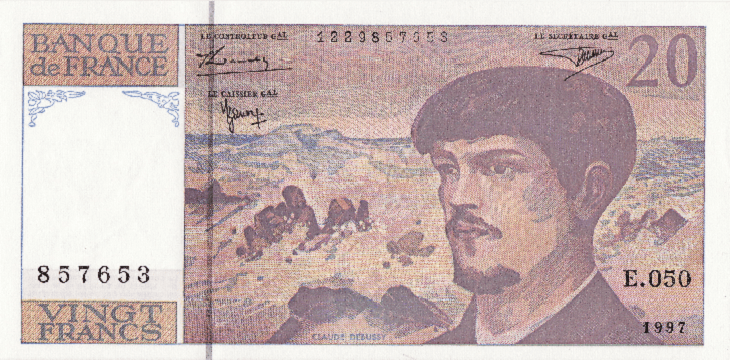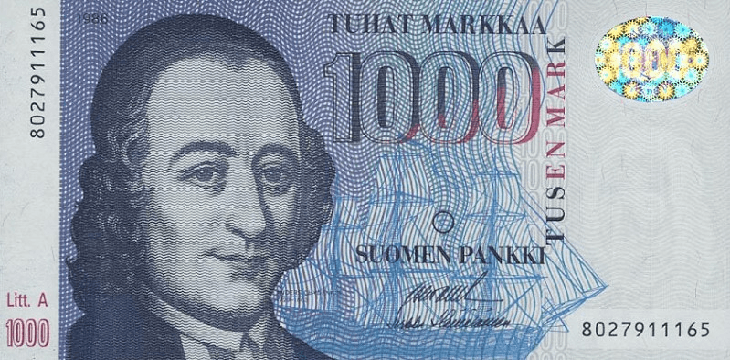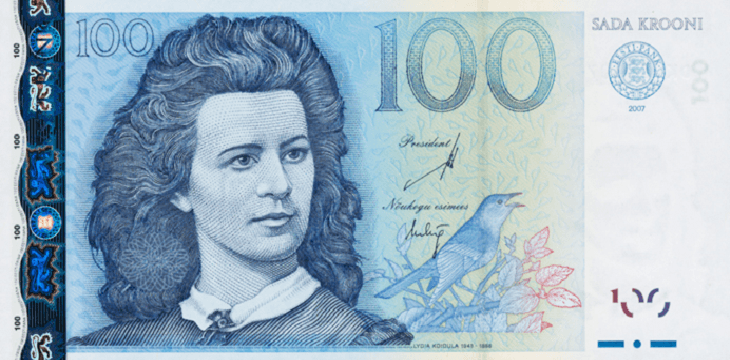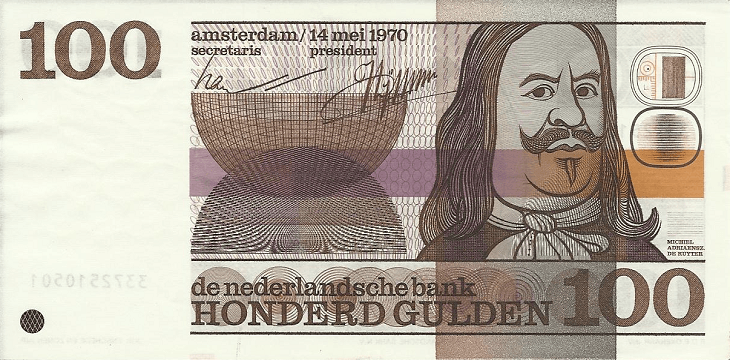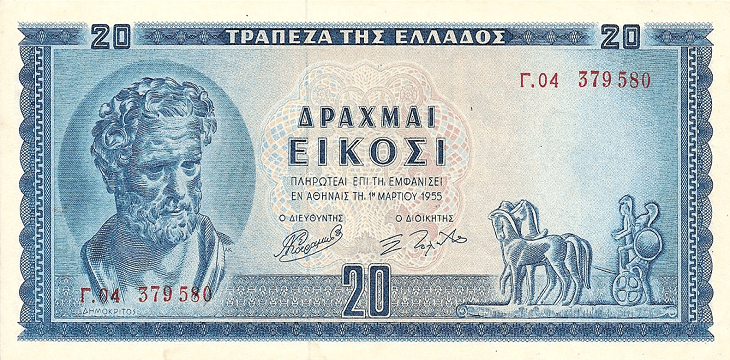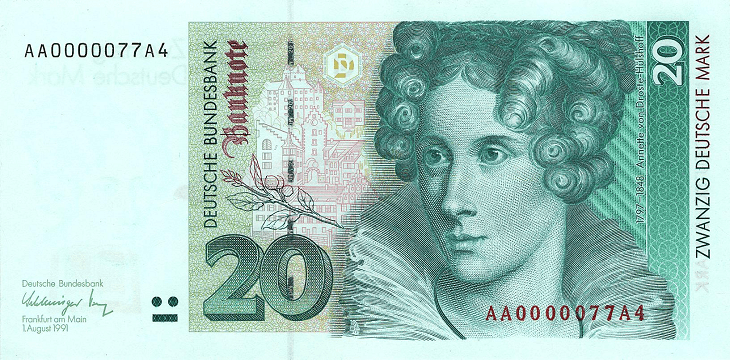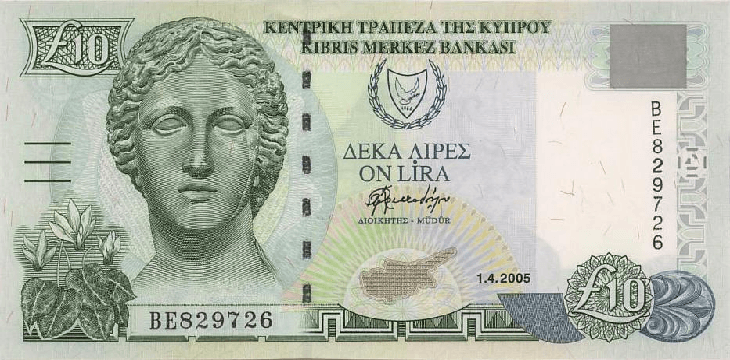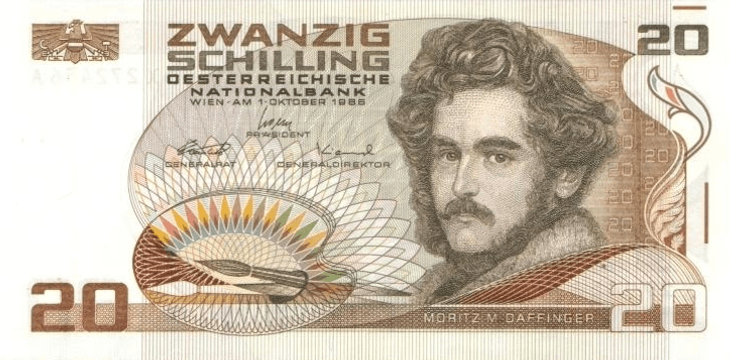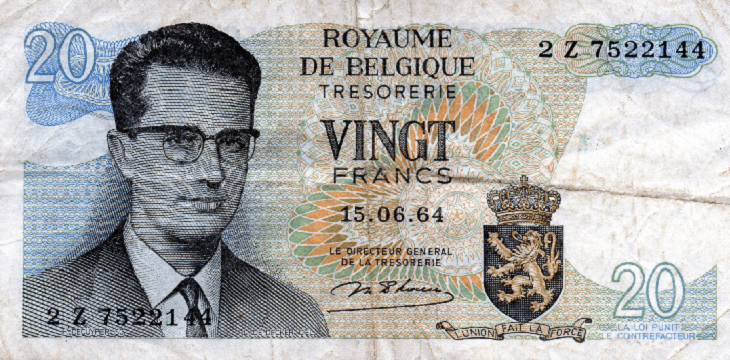Do you know how many countries use the euro? Do you know which European countries have retained their own currency?

European countries that don’t use the euro Source: pexels.com
PaySpace Magazine offers you a reminder of which European countries still use their own currencies. That might be useful information, especially if you plan to visit some of these countries.
Eurozone countries
The eurozone (officially called the euro area) is a currency union of 19 of the 28 EU member countries which use the euro as their national currency.
There are four states that have a formal agreement with the European Union to use the euro as their common currency – Monaco, San Marino, Andorra, and Vatican City. Also, there are two countries that have adopted the euro unilaterally – Montenegro and Kosovo.
Old European currencies:
- Spanish peseta
- Slovenian tolar
- Slovak koruna
- Portuguese escudo
- Maltese lira
- Luxembourgish franc
- Lithuanian litas
- Latvian lat
- Italian lira
- Irish pound
- French franc
- Finnish marka
- Estonian kroon
- Dutch guilder
- Greek drachma
- Deutsche mark
- Cypriot pound
- Austrian Schilling
- Belgian frank
EU countries that retained their own currency
Some of the EU states not only use their own currency but also don’t even plan to adopt the euro currency. First of all, there are:
- Denmark (Danish krone)
- Sweden (Swedish krona).
- Bulgaria (Bulgarian lev)
Denmark has signed the Maastricht Treaty under special conditions (with the right not to adopt the euro currency). The Swedish and Danish Governments held referendums where the majority of the people were not in favor of adopting the euro. In 2013, the then Minister for Finance in the Swedish Government, Anders Borg, claimed that there were no plans to adopt the euro (in Sweden).
The Bulgarian lev has been pegged to the euro since 2002. It was done to ensure currency stabilization.
Countries that don’t use the euro:
According to recent studies, 74% of the population of Bulgaria would like to retain the Bulgarian lev, while only 9% of people support the adoption of the euro. The President of Bulgaria has, however, recently announced that the adoption of the euro is a strategic objective.
The economy of Poland is one of the largest economies in Eastern Europe. This country still uses its own currency called Polish zloty. According to recent studies, more than 70% of the population of Poland oppose the adoption of the euro.
The Czech Republic still uses its own currency called Czech koruna for the same reason.
The European Commission considers that for instance, Hungary (national currency – Hungarian forint), along with some other countries, is not ready to join the euro area.
Romania (national currency – Romanian leu) is full of so-called “Eurooptimists”, and this country will adopt the euro on 1st January 2019. Croatia (national currency – Croatian kuna) plans to adopt the single currency by 2020.
SEE ALSO:

